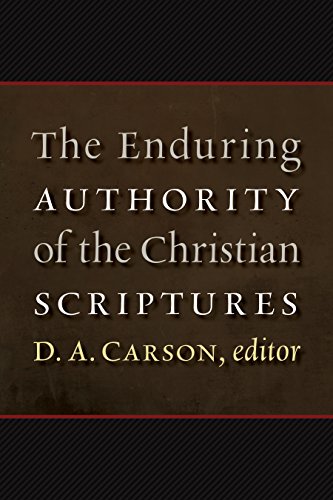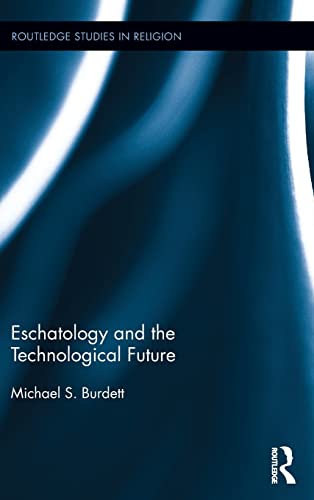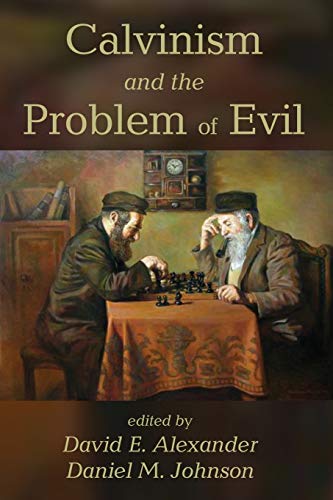Preaching as the Word of God: Answering an Old Question with Speech-Act Theory
Written by Sam Chan Reviewed By Peter AdamThe Reformer Heinrich Bullinger asserted, “The preaching of the Word of God is the Word of God,” and he followed this with the claim, “Wherefore when this Word of God is now preached in the church by preachers lawfully called, we believe that the very word of God is preached, and received by the faithful.” (The Second Helvetic Confession, 1566)
Sam Chan’s book is a serious, comprehensive and contemporary study of this famous Reformation claim that preaching the Word is the Word. He begins with an instructive study of this claim in the theology of Martin Luther and John Calvin, and he shows the biblical and theological structure of this notion in their writings and ministry. He then turns to the Bible and uncovers material which supports this claim, promised in the Old Testament and fulfilled in the New, especially in the context of the proclamation of the gospel. He points to the preached gospel as the Word of God (p. 79). Next he investigates the intention and results of preaching as found in the Bible itself. All this covers material which has been studied by others, but Chan brings it together with particular clarity.
He then turns to contemporary speech-act theory, which investigates how human language functions. In particular, it shows that human language includes: locution, the act of saying; illocution, the act performed in saying; and perlocution, what is achieved by saying. Speech-act theory has been developed by J. L. Austin and J. R. Searle. Within Christian thought it has been variously used by Kevin Vanhoozer, Gordon McConville, and Nicholas Wolsterstorff to develop a theology of how the Bible serves and functions as the Word of God. One of the great values of this approach is that it focuses on what the Bible was doing, or rather, what God was doing through those words. It is good to ask of a Bible passage, “What do these words mean?” It is even more profitable to ask “What was God doing or working to achieve through these words?” and, “What is God doing or working to achieve through these words to this congregation today?”
This is such a useful insight, as I think that the three great claims the Bible makes for itself are its power, authority, and truth/trustworthiness. If the Bible had/has no power, preachers would have to work very hard, and so would hearers! Sam Chan uses this speech-act theory to explain what happens when we preach the Bible, and in particular what happens when we preach the gospel:
To preach the gospel as the word of God is to re-locute and re-illocute the divine speech act, the gospel, which itself was once locuted and illocuted by the prophets, Jesus, and the apostles, and which now continues to be locuted and illocuted in the canonical Scripture.
On the same page he adds, “The preaching ought to have the same locutionary force, illocutionary force, and intended perlocutionary effect … as that of the Bible passage being expounded” (p. 223).
All this is to say that when God speaks in human words, those words function in ways which conform to the way that other human words function. Of course they are also divine words, but they are not less than human words in the way they function. We make a similar observation about the literary styles or genres of biblical literature. When used by God they commonly retain the normal patterns of their genres. The strength of Chan’s book is to apply the insights of speech-act theory that has been applied to the Scriptures themselves to the preaching of those Scriptures. His study illuminates many aspects of preaching, and supports the claim that the preached word of God is the word of God. This claim reminds me of an apt description of the preaching of John Donne: “a projection of the eloquence of Scripture” (John Chamberlin, Increase and Multiply [Chapel Hill: University of North Carolina Press], 28).
The book demands concentrated reading, but is well worth the effort. For those who want to think further on these matters, the book prompted the following questions:
- There are some suggestions in Scripture that the God who originally spoke these words continues to speak them today (e.g. Matt 23:31–32; Acts 7:38; Heb 3:7; 1 Pet 1:23). When we read merely human texts, the authors are not now speaking them to us. But if God is still speaking the same words to us at the moment we read them, does this influence the functioning of these words?
- In most instances today, the Bible we study, read, and preach is a translated Bible. What effect does this have on the locution, illocution and perlocution of the text? What is lost in translation, and what effect does translation have? (This relates to both reading and preaching the Scriptures.)
- Literary style or genre is an essential element of rhetoric. The human rhetoric of the Scriptures was the product of divine verbal inspiration. So is it helpful to claim that the effects achieved by human rhetoric in other literature are replaced by the work of the Spirit in the case of the Bible (pp. 88, 204)? Did the Spirit not inspire and use the human rhetoric of the Bible?
- The same claim that Chan makes about re-locution, re-illocution and perlocution in regard to preaching the Scriptures could be made about reading them, especially their public reading in church. What are the differences between Scripture read and Scripture preached, according to speech-act theory?
- Furthermore, literary style or genre is an essential feature of locution, illocution, and perlocution. However, there is a difference between the straightforward reading of the Scriptures and the preaching of the Scriptures. In reading the Bible, locution, illocution and perlocution is preserved, whereas in preaching the style is changed, even if the preacher attempts to convey aspects of that style in the sermon. Does this influence the claims that we can make about preaching?
- Is not the rhetorical style of the Bible changed when the Bible is preached, even when the preacher attempts to retain some aspects of the original text by reflecting them in the sermon? For the rhetoric of the Scriptures is supplemented, complemented, and transformed (if not side-lined!) by the rhetoric used by the preacher in the sermon.
This is a worthwhile and stimulating book, and I recommend it highly.
Peter Adam
Peter Adam
St. Jude’s Carlton
Melbourne, Victoria, Australia
Other Articles in this Issue
Gospel Differences, Harmonisations, and Historical Truth: Origen and Francis Watson’s Paradigm Shift?
by Frederik S. MulderClaiming to stand on the shoulders of the later Origen, in Gospel Writing: A Canonical Perspective, Francis B...
“For Your Sake We Are Being Killed All Day Long”: Romans 8:36 and the Hermeneutics of Unexplained Suffering
by David StarlingThis article explores the function of Paul’s citation from Psalm 44:22 within the rhetoric of Romans 8:31–39...
Many churches seem to have lost the art of singing lament...
Reflections on Handling the Old Testament as Jesus Would Have Us: Psalm 15 as a Case Study
by Dane C. OrtlundIn appreciation of the renaissance of christocentric and redemptive-historical hermeneutics and homiletics in our generation, this article selects an OT text, Psalm 15, that appears on the surface to be maximally resistant to a Christ-centered reading and preaching of Scripture...
This article examines the meaning of blessing as expressed in the structure and narratives of Genesis...







